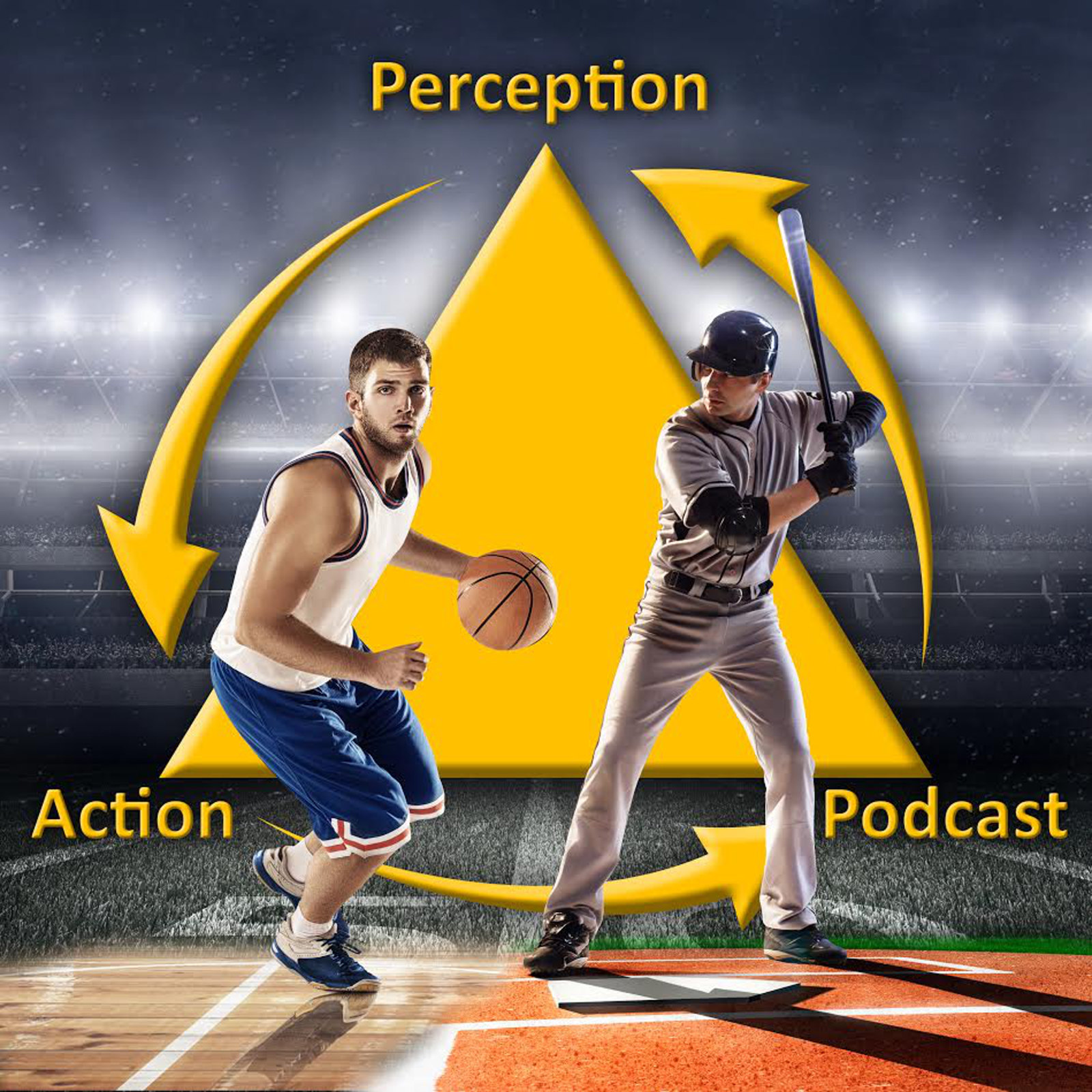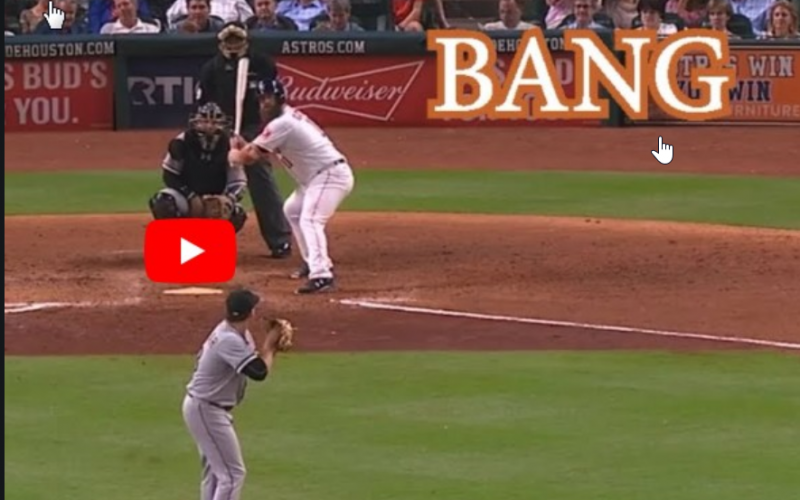Thoughts on the Astros’ Sign Stealing Scandal: How Knowing What’s Coming Alters Batting Performance
A few people have asked me whether I have any thoughts about how knowing what pitch is coming (e., in the Astros cheating scandal) changes batting. Not only do I have thoughts – I have data! For those not in the know, the Houston Astros were recently severely punished after they were caught stealing signs….
Read More
